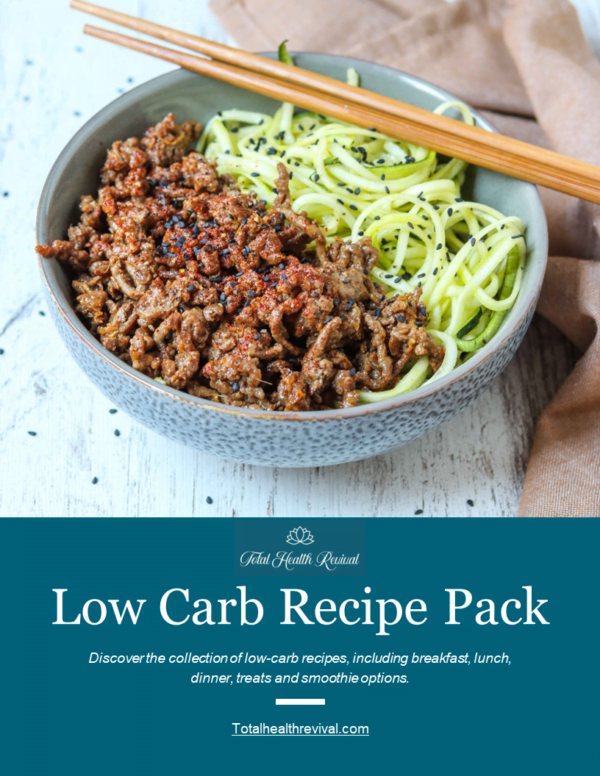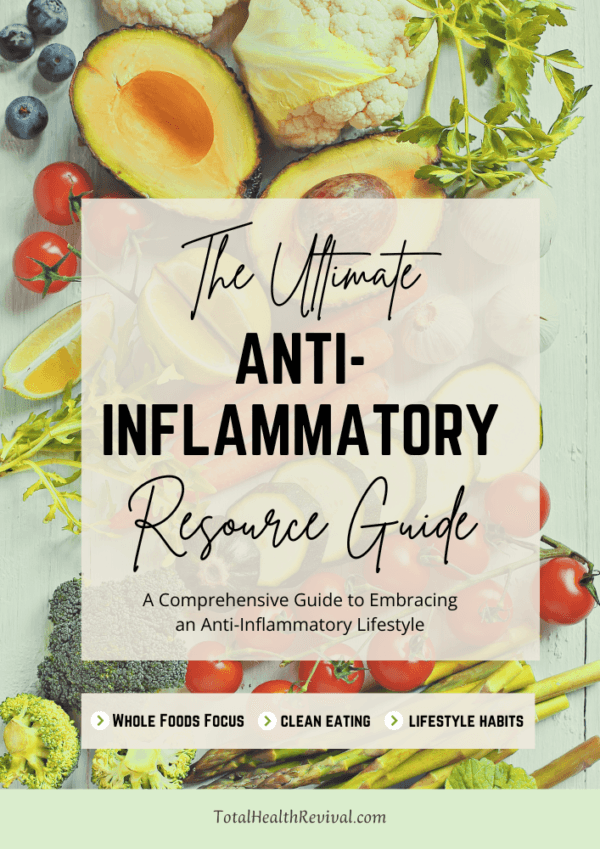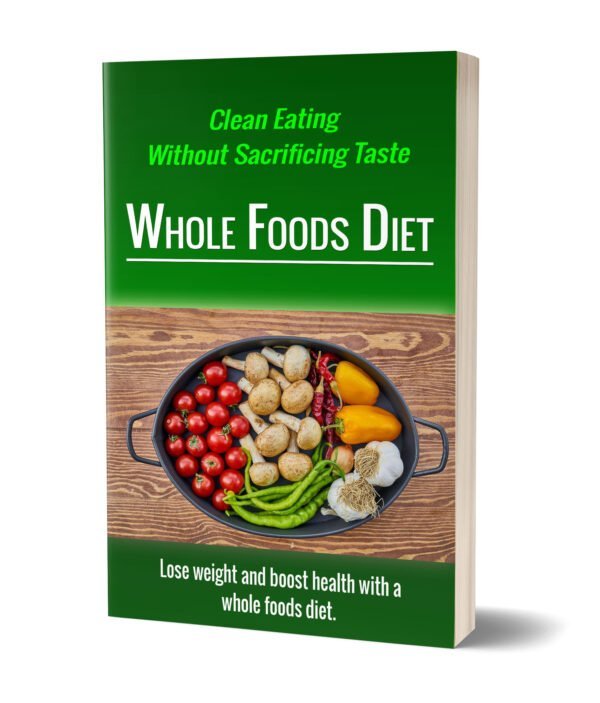Holistic nutrition is one of the fundamentals of living a holistic lifestyle and is a natural way to approach diet and nutrition. Evidence-based studies are used to improve health with proper nutrition.
A holistic nutritionist will take a look at your medical history, lifestyle habits and emotional health and factor these aspects into your specific diet plan. The goal of a holistic nutritionist is to educate and empower their patient towards better all-round health through the benefits of healthy nutrition.
What ‘Holistic Nutritious’ Foods Do You Eat?
Holistic nutrition helps the body function at its best by feeding it with ‘SOUL’ foods. The acronym ‘SOUL’ stands for Seasonal, Organic, Unprocessed and Local. Therefore, if you want to adhere to holistic nutrition, and reap its many benefits, you can expect to be eating more whole, unprocessed, organic and locally sourced foods.
The reason there is an importance on eating whole and organic foods is because they are heftier in terms of nutritional content, and they are less likely to (or ideally shouldn’t) contain any chemicals and/or preservatives.
This is one of the reasons why sourcing local is an important part of holistic nutrition. You can personally ask the growers or sellers if the purchased goods, such as fruits and vegetables, have come fresh off the farm, and if they have been grown organically.
If they have been grown organically, it means there haven’t been any health-inhibiting chemicals applied at any time.
Whole, Unprocessed Foods
The nutrients obtained from eating whole and unprocessed foods helps ensure the optimal processing of vital body functions. Holistic nutrition puts greater emphasis on the consumption of foods that are excellent sources of the macronutrients which include fats, protein and carbohydrates.
Foods rich in micronutrients are also an important part of holistic nutrition. These micronutrients play a crucial role in the body’s ability to produce and synthesize proteins, enzymes and hormones.
Holistic Nutrition for People with Illness
In relation to health issues, concerns or medical problems, a holistic nutritionist will consult with a medical doctor. The medical professional can help provide better insights about the person’s health history. They will work together to get an understanding of the biochemical imbalances that might be contributing to the illness. They will be trying to prevent the illness from progressing or from other illnesses arising in the future.
By being provided with a patient’s medical records, the nutritionist can provide diet recommendations using evidence-based science and sound holistic nutritional principles.
The Role of a Holistic Nutritionist
Holistic nutritionists are committed to adhering to the highest standards of accountability and integrity. By understanding the role of a holistic nutritionist, people can understand what to expect if they follow holistic nutrition principles.
Holistic nutrition is not about engaging in treating disease or illness, and it’s not where holistic nutritionists make unproven health claims or use techniques that are unproven.
The focus is on utilizing nutrition to make the mind and body stronger, more vital, and more resistant to illness and disease. This helps the person overcome any existing conditions and their symptoms and buffers them against future health problems.
A holistic nutritionist is a professional who advises and teaches their patient to consume fresh, natural foods for optimal health through nutrition. There is always an emphasis on educating the patient on the role of better nutrition and the modification of certain lifestyle habits that inhibit optimum health. The nutrition plan is based on the particular needs of the patient. and not based on other method.
Related Products
$37.00Original price was: $37.00.$27.00Current price is: $27.00. Buy now








